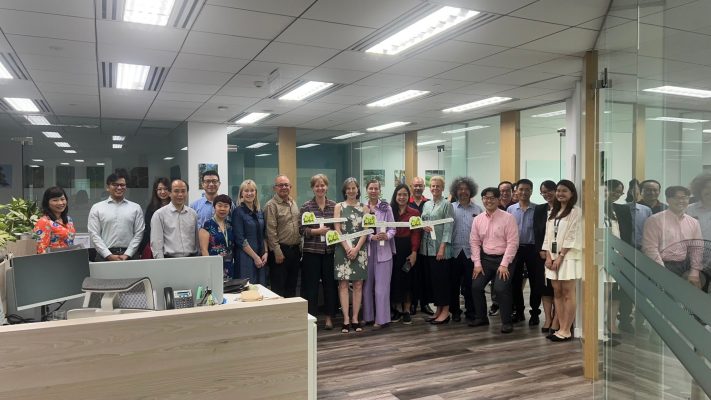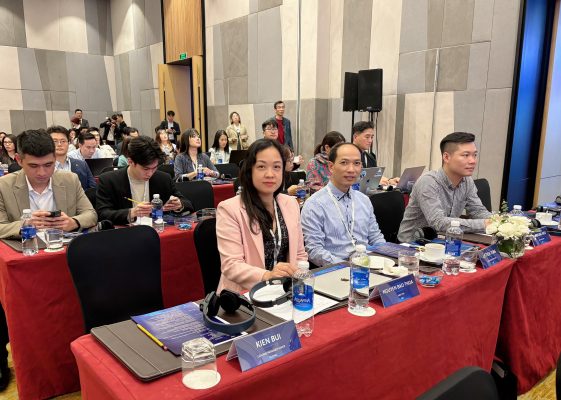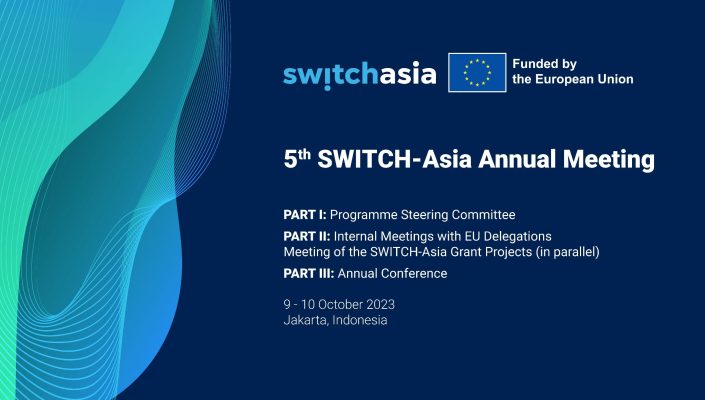| OVOP or the “One Village One Product” movement was initiated in Japan in 1979 and now covers over 30 countries under various names and programmes. There are three principles in the OVOP movement: (i) creation of globally acceptable products/services based on local resources or the “Think globally, Act locally” mantra, (ii) self-reliance and creativity, and (iii) human resource development.
Since 2005, VIRI has worked in close co-operation with the Asian Productivity Organisation in Japan (APO) and Vietnam Productivity Centre (VPC) to promote and support the development of OVOPin Vietnam. The OVOPPromotion Centre has been established with the participation of OVOP experts from Vietnam and Japan to pursue the development of this key movement in Vietnam. Major OVOP Centre activities include: Research: The OVOP Centre conducts research to identify potential OVOP development in different areas of the country from a regional to provincial, communal or village level. National and International Networking: The Centre, in close co-operation with the Ministry of Agriculture and Rural Development, will act as the focal point in Vietnam to promote the development of a nationwide and international network. Product/Service Development: The Centre supports the creation of globally marketable products/services which embody people’s pride in their product and cultural richness of their home villages. Together with local people, OVOP Centre experts will develop the “story” behind any product/service to attract consumer attention. Such local flavour will help add value to local products while the use of local human and material resources will help ensure economic activities remain sustainable. |





